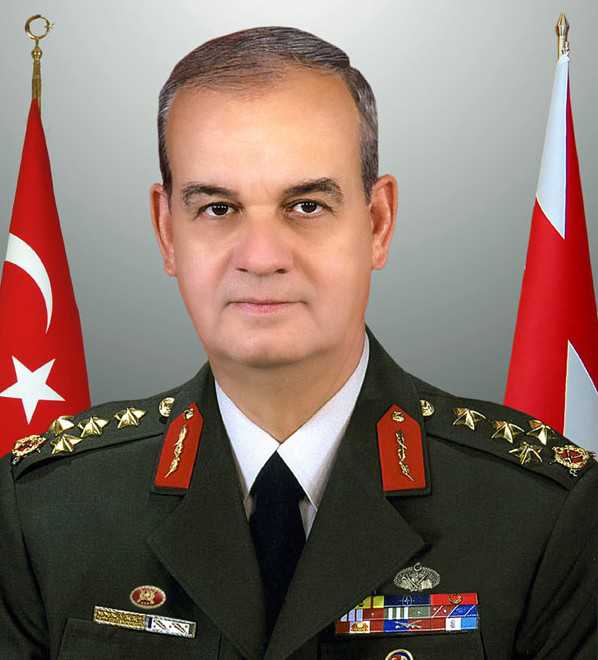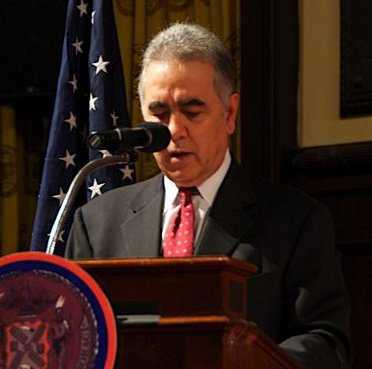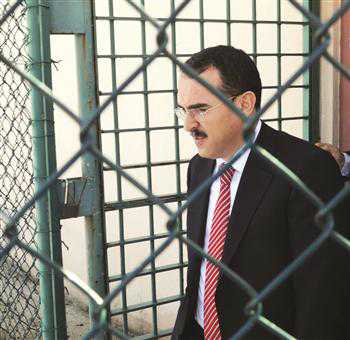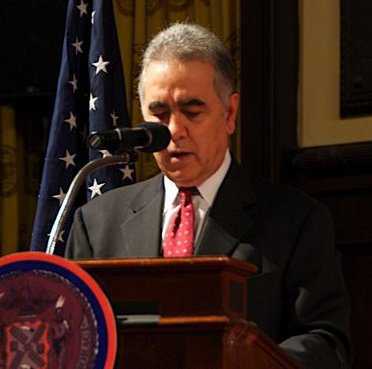“Probes are ‘asymmetric, psychological,’ says ex-army chief” shouted the headline in the Hurriyet Daily News, another media mouthpiece of the Turkish government, this one for consumption by English speakers. It seems that former Chief of General Staff İlker Başbuğ claims his recent jailing was designed to dishonor the Turkish Armed forces. “Freedom is not only about being outside,” said the general, “I feel just as free in here.” Surely Başbuğ is joking. There are hundreds of others in jail on trumped up charges, some for almost five years. And the general feels free? Free from what? Responsibility? You, sir, continue to delude yourself. You and your military predecessors and successors are responsible for the demise of Atatürk’s secular republic. You all comprise a long line of general officers who seem to have forgotten what motivated you to the noble endeavor of defending your secular, democratic country.
Generals like Işık Koşaner, who succeeded Başbuğ, and a year later suddenly resigned along with the leaders of the army, navy and air force with the feeble excuse that they could no longer protect their subordinates. This spineless, unexplained act was the final blow that destroyed the Turkish army, and the hope and security of the Turkish people. It was a self-inflicted wound.
Like Yaşar Büyükanıt who asked for a sign of support from the people. Millions of Turks responded. They filled the streets for a series of wildly enthusiastic demonstrations to preserve the secular republic founded by Mustafa Kemal Atatürk. Soon thereafter Büyükanıt had a secret meeting with the prime minister. He retired and promptly disappeared. Enter Başbuğ.
Like Hilmi Özkök, Büyükanıt’s predecessor, who spent a good deal of his energy redesigning the buttons on the military uniforms, that is, removing Atatürk’s image. He has since specialized in saying very little of relevance. Consulting his profile in Wikipedia reveals the telling remark that he “opposed his peers’ plans to stage a coup.” So much for his leadership skills. Supposedly he now writes poetry.
Like Kenan Evren, a torturer and executioner, a Turkish Pinochet, he was one of America’s “guys” who “did it” for Jimmy Carter with the 1980 US-backed military coup. A professed believer in the enlightened principles of Atatürk, he and his fascist regime instead destroyed them along with many people. He also took up the ‘leftist arts’ in retirement and became a painter.
The tragic fiasco continues. Forget the AKP. It does as its told and is irrelevant in this situation. Ex-army chief Başbuğ, himself, is ASYMMETRIC. He’s in jail. He and his successor and predecessor generals have betrayed the founding principles of the nation. They have dawdled, temporized, rationalized, and collaborated. When the public begged for details and reliable information, the generals spoke in vague generalities. They have tortured. They have executed. And finally they have collapsed in a shameful surrender. Secular Turkey was founded by the military, freeing the Turkish people from hundreds of years of Ottoman incompetence and ignorance. Haven’t any of these senior officers understood Nutuk? It is they, the generals, who have dishonored the Turkish Army. Not the ruling power and certainly not the government’s tragically laughable Alice-in-Wonderland judicial system.
Now these generals can watch the destruction of the Republic in their retirement villas or from their jail cells. Now General Asymmetrica knows how all the leftists felt that his predecessors jailed during the disgraceful USA-inspired coups. Now General Asymmetrica knows that all the secret collaboration with America has yielded bitter fruit indeed. And that all the recent talk about military coup plots has been simply palaver. The real blow delivered to the Turkish nation was the civilian coup, engineered by America’s new “guys,” the AKP. Through the years, the generals collaborated with everyone except their one true ally…the heirs and children of Atatürk. They thought that the secular state could coexist with religion. They failed to protect their troops and failed to know their enemy, the two cardinal principles for an army at war. And for all this they were destroyed. That’s asymmetry. Think about what Atatürk would have done to them all. They would be begging for the days of their youth. That’s the ultimate asymmetry, and it is terrible.
Cem Ryan
Istanbul
12 March 2012
Below is the full text of news article:
Former Chief of General Staff Gen. İlker Başbuğ has described the recent probes that landed him in jail as a “asymmetric, psychological movement to dishonor the Turkish armed forces” in a recent interview. Speaking through his lawyer, the jailed former general told Toygun Atilla of daily Hürriyet that “freedom is not only about being outside.” “I feel just as free in here,” Başbuğ said.
“I fought against unjust slander in the public eyes of the Turkish Armed Forces personnel. And yes, I fought with all my strength against any negative impact that the unity and discipline of the Armed Forces may go through. And yes, I told relative authorities about all the problems we faced, and I, from time to time, told the public about my views. This is what I’ve done, and what I’ve tried to do,” he said.
“Now I see I was jailed, and retired, simply for talking,” Başbuğ said. “This cannot be seen simply as personal. To call the head of the Turkish Armed Forces a terrorist is a heavy charge against the whole of the Armed Forces.”
Başbuğ also said the recent probes were causing the public to have a negative view of the Turkish justice system. It is impossible to avoid seeing that the public conscience is uncomfortable with all this,” he said.
Hurriyet Daily News 11 March 2012







